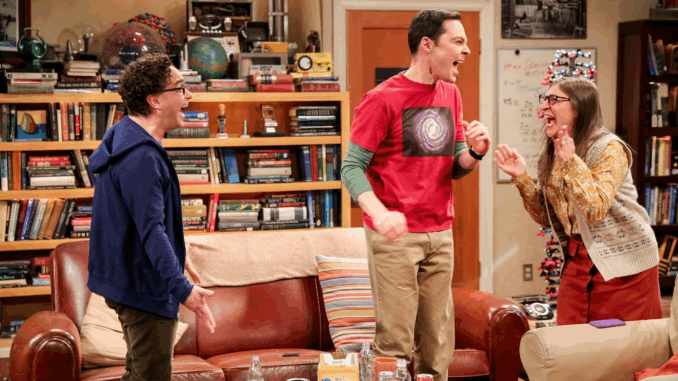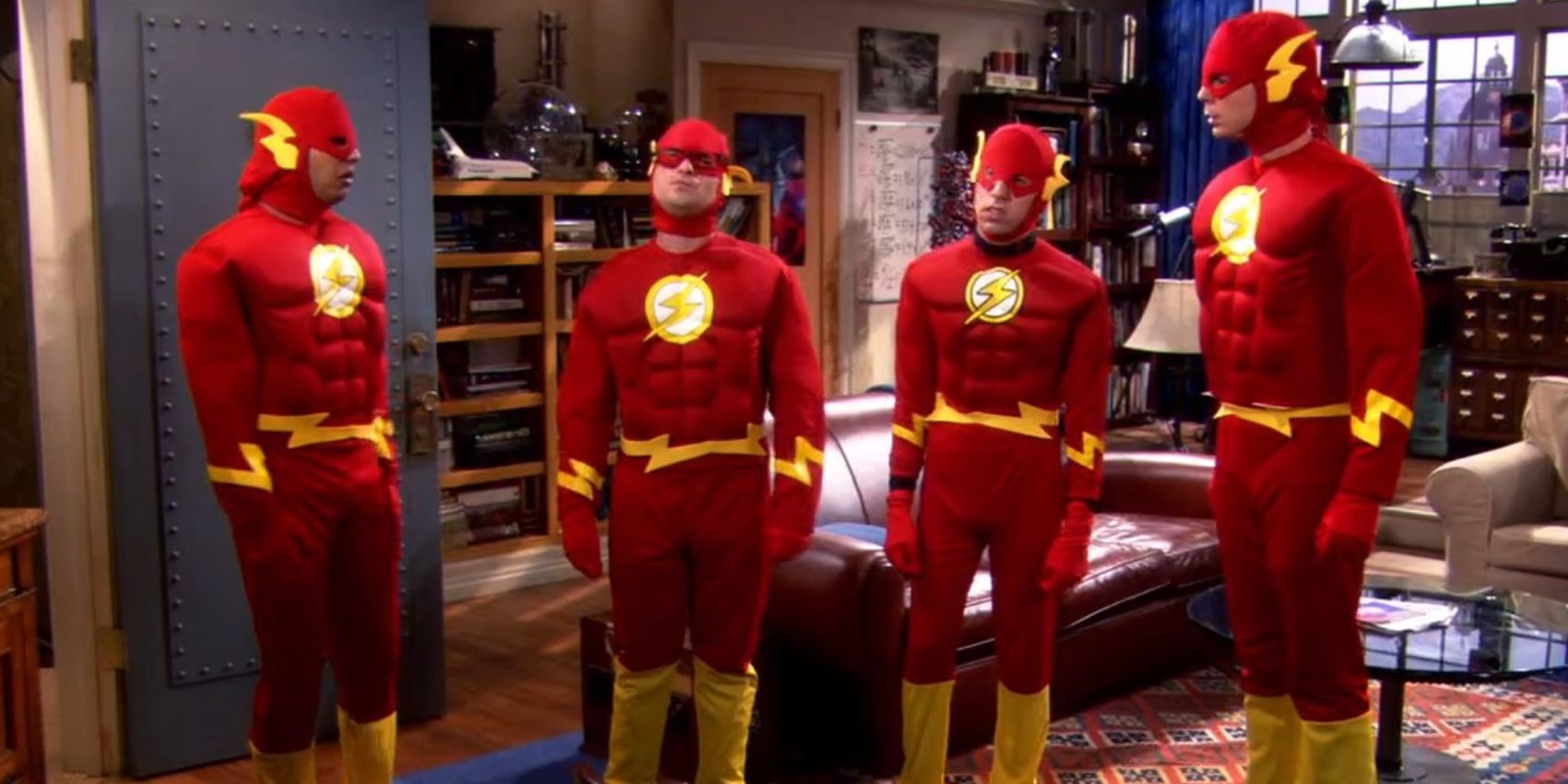
Introduction: A Groundbreaking Sitcom
The Big Bang Theory didn’t just entertain millions — it transformed the portrayal of nerd culture on mainstream television. Premiering in 2007, the sitcom focused on a group of socially awkward scientists and their interactions with their outgoing neighbor Penny. Over its 12-season run, the show popularized geeky interests like comic books, sci-fi, and video games, making nerd culture cool and relatable.
The Big Bang Theory and the Rise of Geek Culture
Before The Big Bang Theory, nerds and geeks were often caricatured as socially inept or comic relief. This show flipped that narrative. Characters like Sheldon Cooper, Leonard Hofstadter, Howard Wolowitz, and Raj Koothrappali were portrayed with depth, humor, and heart. Their passions for science, technology, and pop culture were celebrated rather than mocked.
How the Characters Helped Normalize Nerd Interests
Each character brought unique traits that represented different facets of nerd culture. Sheldon’s obsessive love for physics and strict routines, Leonard’s role as the more socially aware scientist, Howard’s eccentric style and engineering skills, and Raj’s shy personality formed a diverse group many viewers identified with.
Penny’s character played a crucial role as well. As the “normal” neighbor, she acted as a bridge between the nerdy world and mainstream culture, allowing audiences unfamiliar with geek culture to connect with the show.

The Impact on Television and Society
The Big Bang Theory broke ground by bringing science and geek interests to prime-time television, inspiring fans worldwide to embrace their passions without shame. The show also spurred increased interest in STEM (Science, Technology, Engineering, and Mathematics) careers, especially among young viewers.
Memorable Moments and Catchphrases That Defined the Show
Catchphrases like Sheldon’s “Bazinga!” and Howard’s colorful wardrobe became staples of the series. The show also included numerous references to comic books, Star Trek, and video games that delighted fans and helped build a devoted fanbase.
Conclusion: A Legacy of Acceptance and Humor
In conclusion, The Big Bang Theory did more than make audiences laugh. It changed how nerd culture was perceived in society, promoting acceptance and pride in intellectualism and geeky passions. Its legacy continues with spin-offs and a lasting impact on television and pop culture.